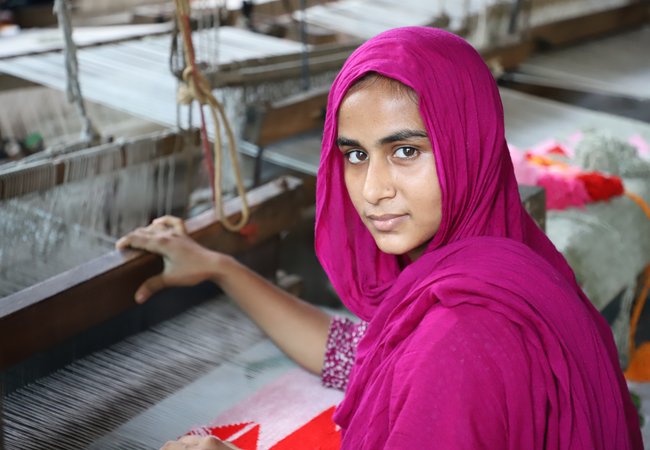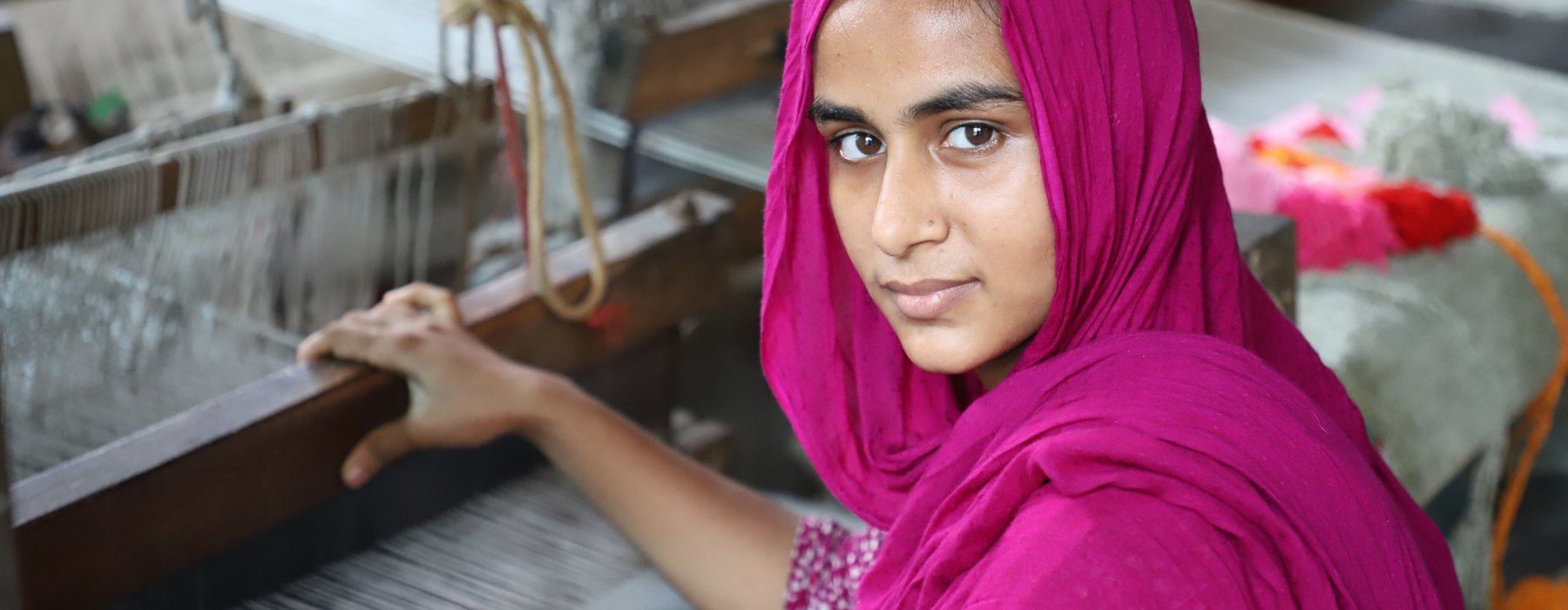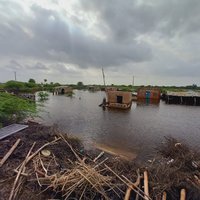Bangladesh
Supporting Bangladesh in enterprise development has been a crucial endeavour aimed at fostering economic growth and social progress. Through various initiatives and partnerships, we have facilitated local organizations to empower entrepreneurs and small businesses. This support has taken the form of capacity-building programs, access to financial resources, Market linkage and technical assistance, all designed to enhance the entrepreneurial ecosystem in the country. By focusing on sectors such as Agriculture, Fisheries, Livestock, ICT, e-commerce and Handicrafts - we have helped create a more vibrant and sustainable business environment, generating employment opportunities and improving the overall women economic empowerment.
Prantojon Agro Enterprise
BeshiDeshi
Women in Digital
In Bangladesh, women's participation in enterprises supported by the programme is now 49% this is up from 15%!
Enterprises in the programme in Bangladesh have grown their revenues by 52%.
Two thirds of the businesses we are working with in Bangladesh are now profitable an increase from one third.



